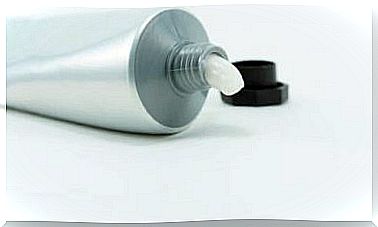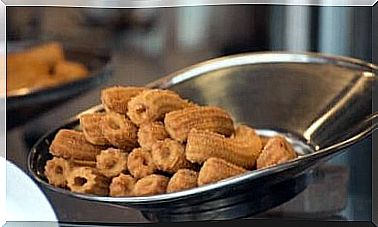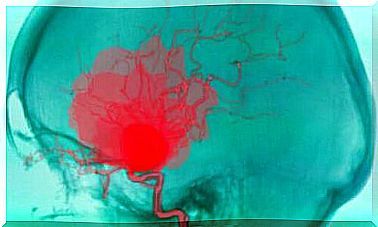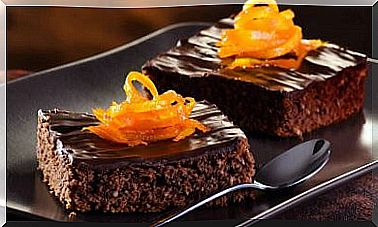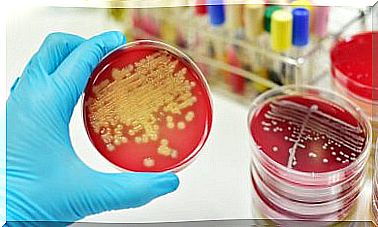7 Protein Sources For Vegans
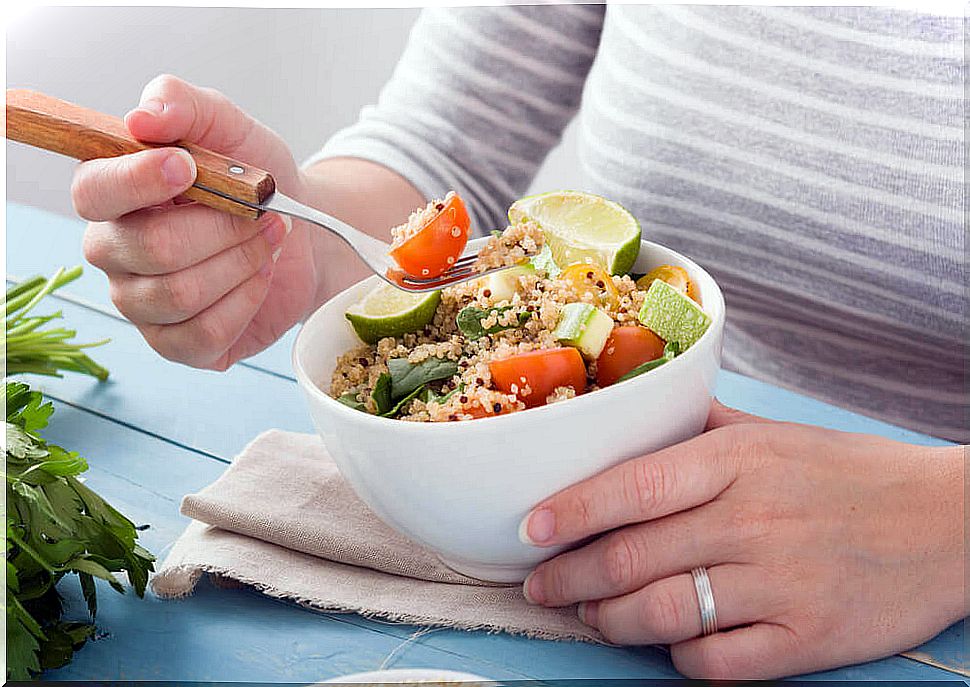
Many people are interested in knowing what protein sources are for vegans, as there is a belief that these eating plans cause protein deficiency due to the absence of meat and animal products.
Although we cannot deny that the regimen is quite strict due to its characteristics, it is good to know that it is possible to convert it into a healthy diet. For this, it is necessary to know in advance all the foods that can substitute animal sources.
Proteins are one of the fundamental nutrients for the body’s biological processes; they are part of the tissues and organs that are involved in digestion, circulation and muscle mass formation.
In fact, protein-containing foods represent an important source of energy. Its consumption optimizes sports performance and prevents weakness and lack of concentration.
What are the best protein sources for vegans? In this article, we’ll share 7 options that you can incorporate into your meal plan in a variety of ways.
Vegan Protein Sources You Should Add to Your Diet
Who says you need to eat meat to get adequate amounts of protein? It is true that animal products contain this nutrient in large amounts; however, there are many protein sources for vegans that meet our needs in a similar way.
These foods have fewer calories and also contain essential amino acids. They are highly satiating and can help maintain a healthy weight without breaking vegan diet rules.
1. Soybeans and Tofu
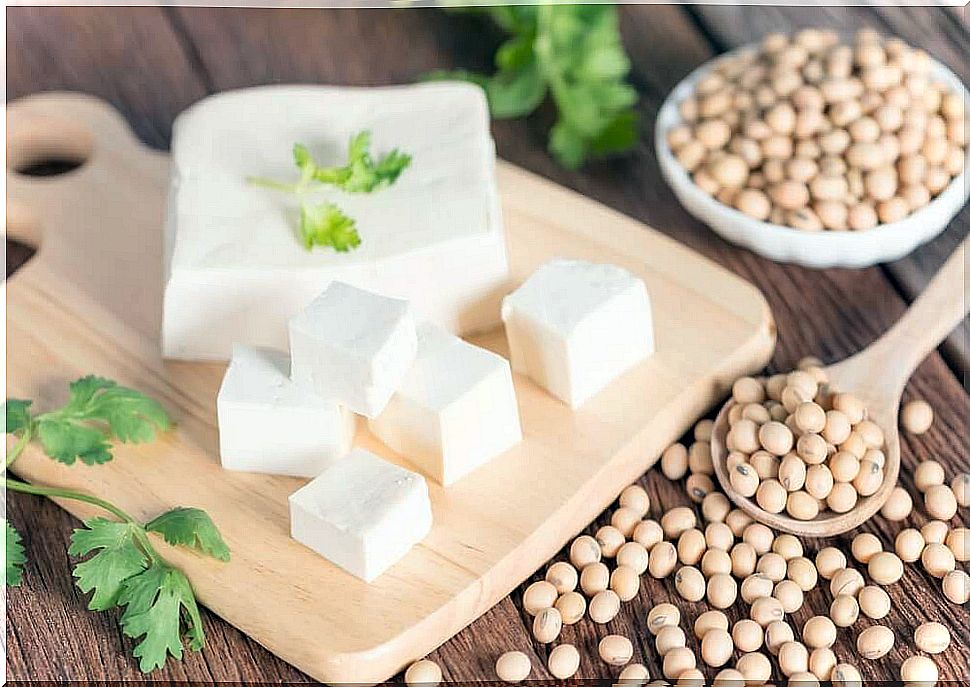
Within the list of protein foods for vegans, soy and tofu stand out for their significant contribution. Each 100 gram serving contains about 37 g of high biological value proteins and very low levels of saturated fat.
Other soy derivatives, such as tempeh and soy hamburgers, are good choices for the vegan diet. These foods, among other things, provide nutrients of great importance, such as calcium and iron.
2. Quinoa
Without a doubt, quinoa has managed to position itself as one of the favorite foods of followers of the vegan diet. Each cup of cooked quinoa provides between 17 and 18 g of vegetable protein and a lot of vitamins, minerals and carbohydrates.
Regular consumption can help lower your cholesterol and your risk of diabetes. In addition, it is used as an ally in diets to lose weight due to its low caloric intake.
3. Seitan
Seitan, also considered a “vegetable meat”, is a food made from wheat gluten. It represents an important source of protein for vegans, as each 100 gram serving contains about 20 g of this nutrient.
It is a healthy, low-calorie food that does not contain cholesterol or excess harmful fats. Despite this, it is best to combine it with other cereals to avoid possible nutritional deficiencies.
4. Legumes
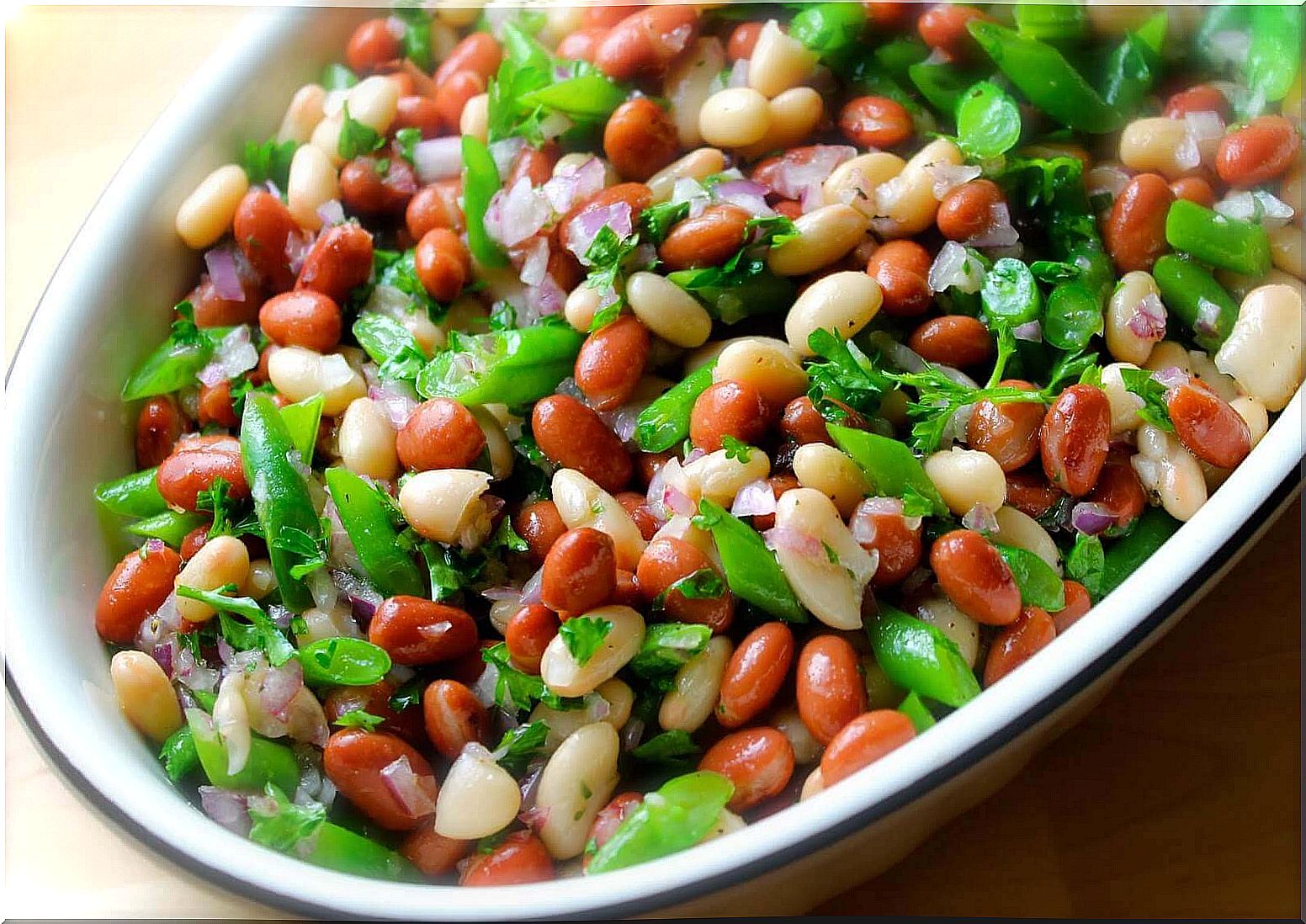
There is no doubt about the role played by legumes in all eating plans. They not only contain protein for vegans, but they also provide iron, zinc, magnesium and other minerals that can be reduced in this type of diet.
Combined with some whole grain, they can contribute the amino acids the body requires; in fact, the amount they contribute is compared to that provided by meat and other animal foods. A cup of lentils, for example, provides up to 18 g of protein.
Other recommended legumes are:
- Bean
- cowpeas
- Chickpea
- Soy
5. Chia seeds
Don’t underestimate chia seeds for their size. While it’s hard to believe, this tiny food is a great source of plant protein, omega 3 fatty acids, dietary fiber and antioxidant compounds.
Due to their weight, they can be made up of up to 14% protein (4 grams per 2 tablespoons). This, of course, makes chia seeds ideal for any vegan menu.
6. Spinach
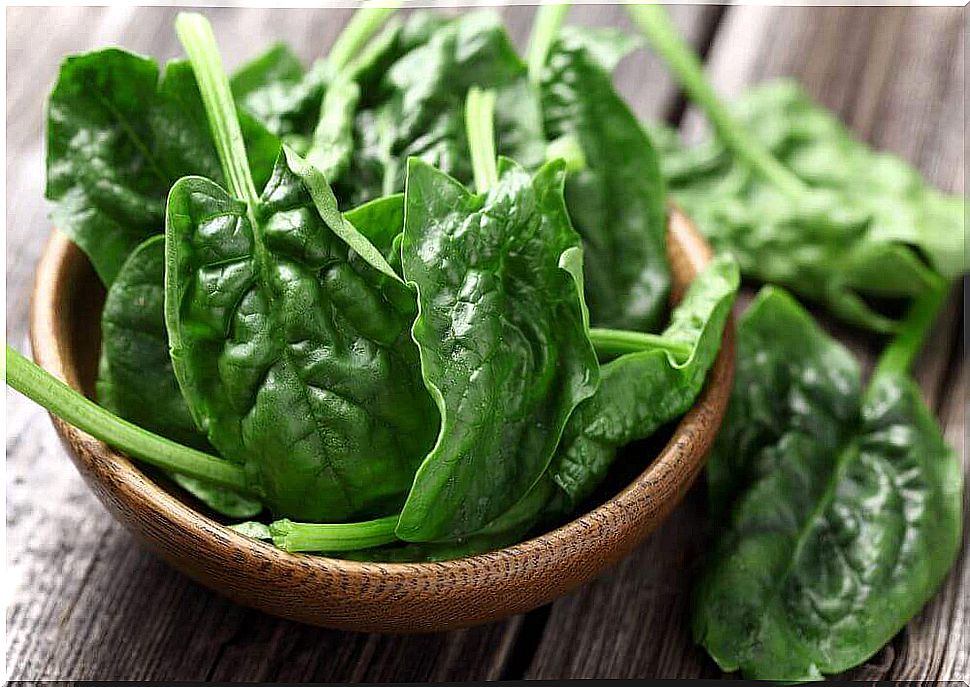
Those looking for high protein foods for vegans will be happy to know that spinach also contributes a significant amount.
This delicious green vegetable contains about 5 grams, in addition to concentrating vitamin A, calcium, iron and zinc.
7. Nuts
Nuts and other oilseed varieties are staple in all vegan diets. They are high-energy foods, as their calorie level is high and they contribute nutrients such as proteins and fatty acids.
Each ¼ cup contains between 5 and 7 grams of protein. They are also fantastic sources of omega-3s, calcium compounds and antioxidants that help maintain brain and heart health.
Are you worried about having a protein deficiency due to adopting a vegan diet? As you can see, there are many protein-containing foods for vegans. Try to combine them with your meals so they can give you the amount your body needs.




